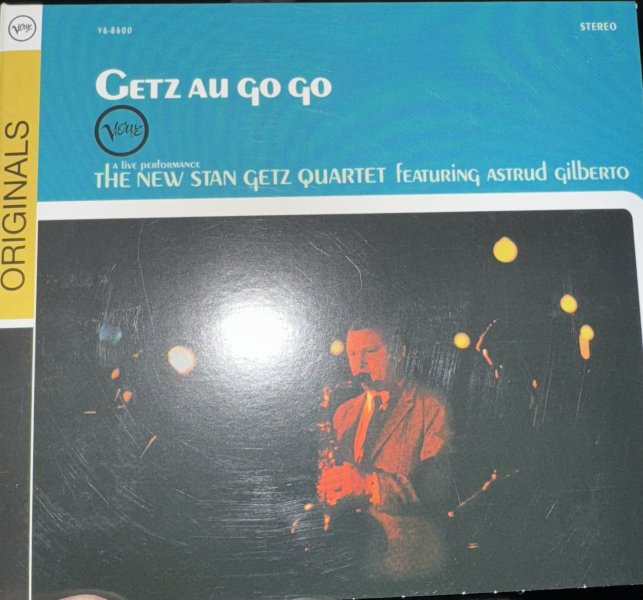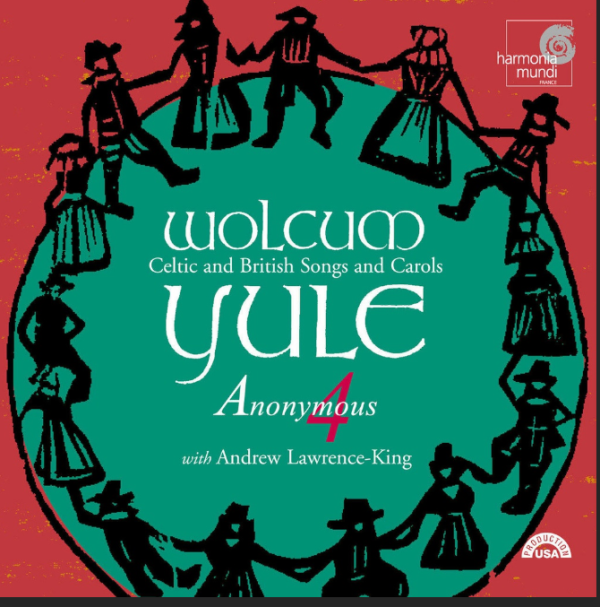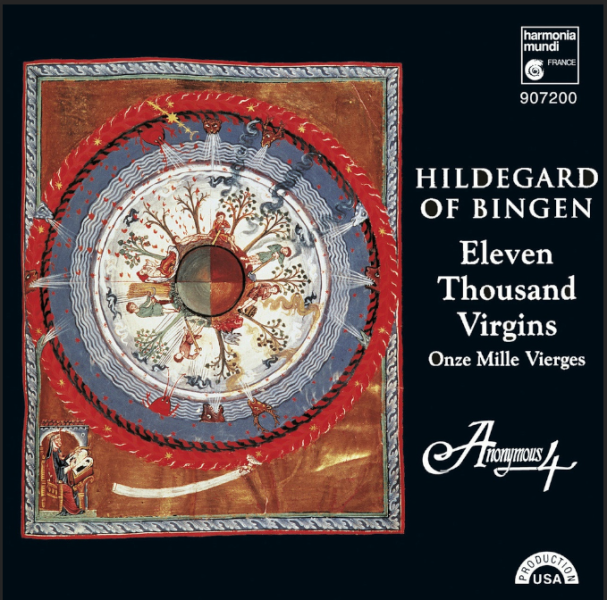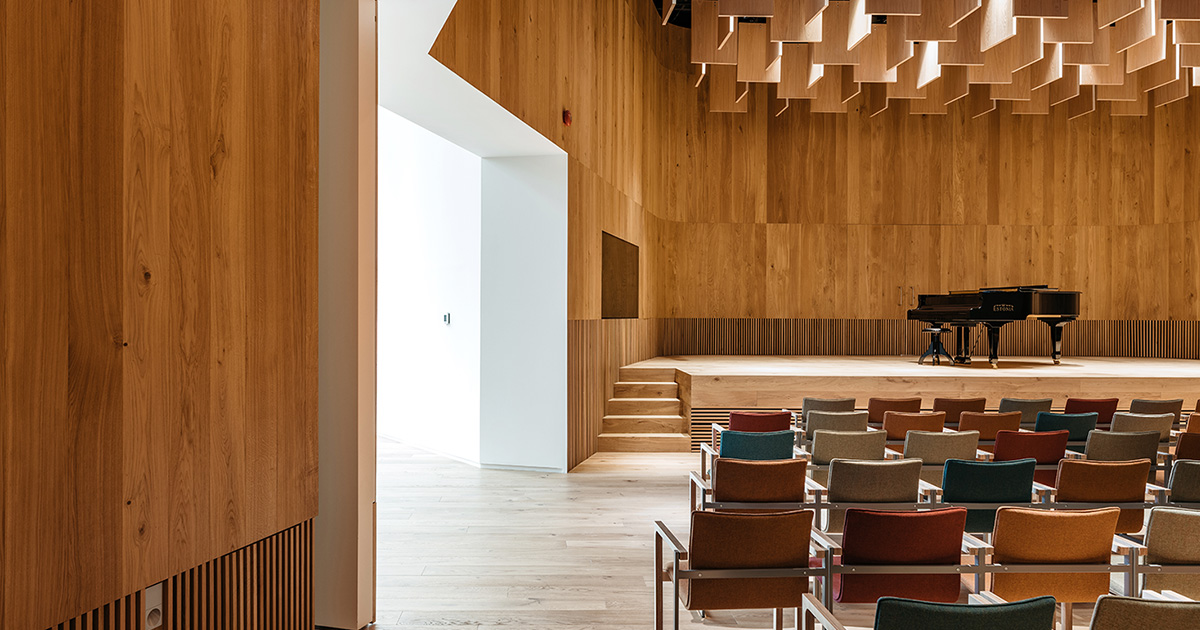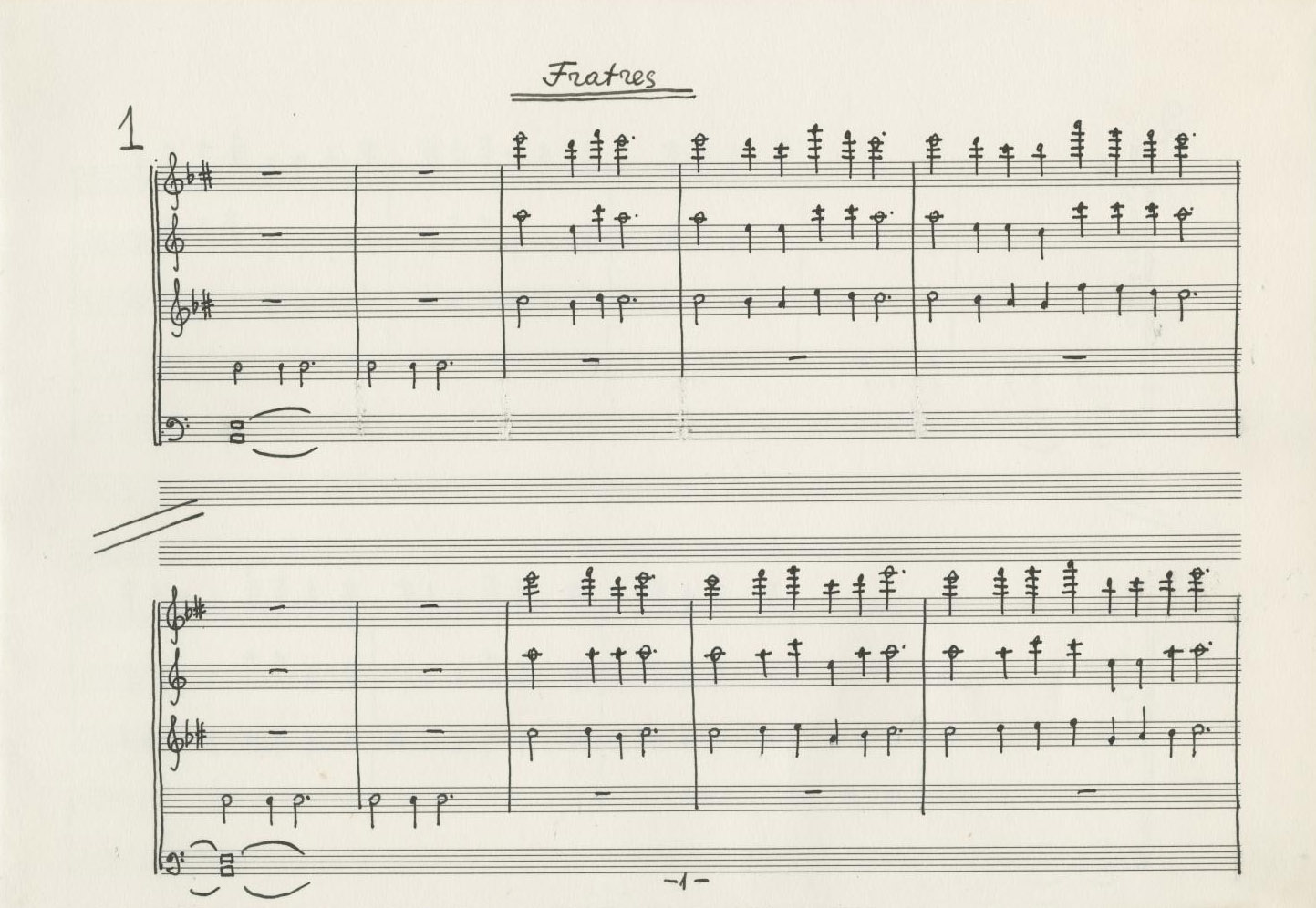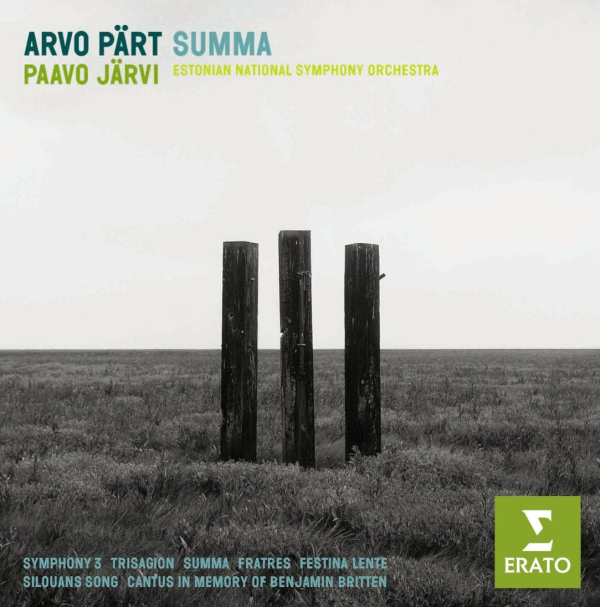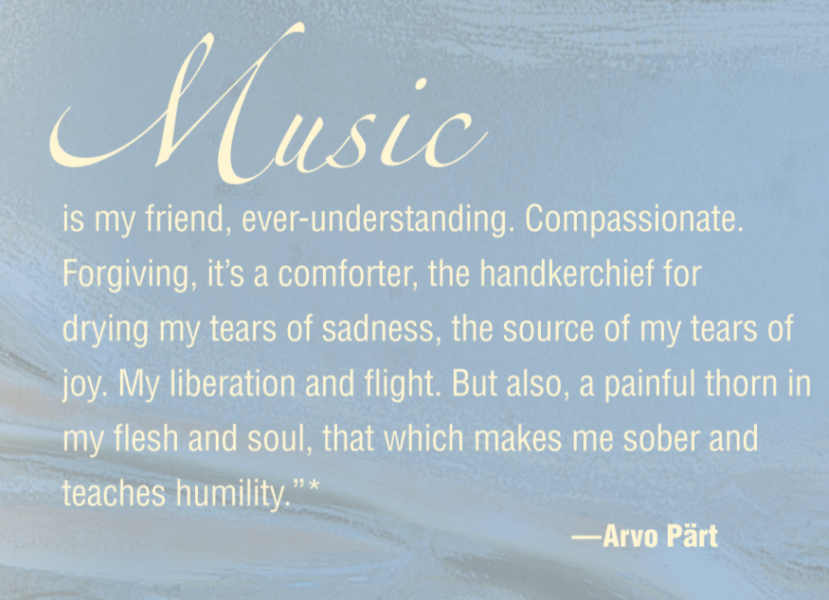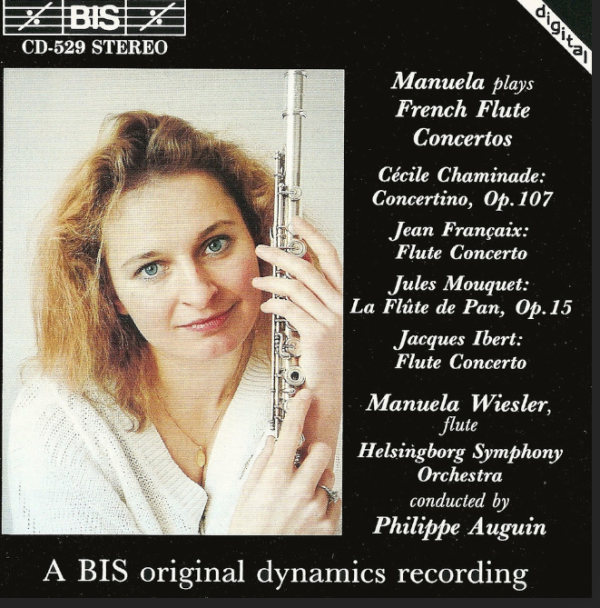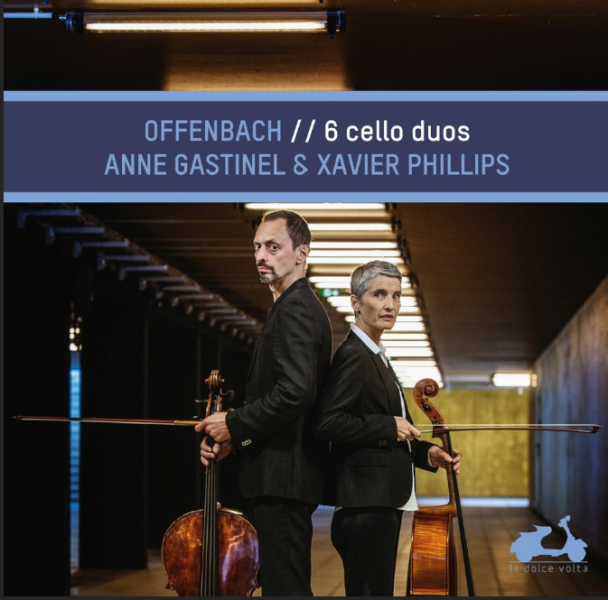Dietrich Buxtehude was a legendary organist to hear whom Johann Sebastian Bach walked hundreds of kilometers. He was born in 1637 on the Danish coastal town of Helsingborg (now part of Sweden), but spent much of his life as an organist at St Mary’s church in Lubeck, Germany, where Bach went to hear him. This Da Capo recording of his vocal music reveals that Buxtehude was much more than a church organist. This is a beautiful recording made in DXD in 2010 at 352.8 kHz although I’m streaming it in 88,2khz. The liner notes show it was made using high quality equipment in a church in Helsingborg where Buxtehude was born. The voices and instruments sound incredibly natural and the ecclesiastical acoustic helps greatly.




















